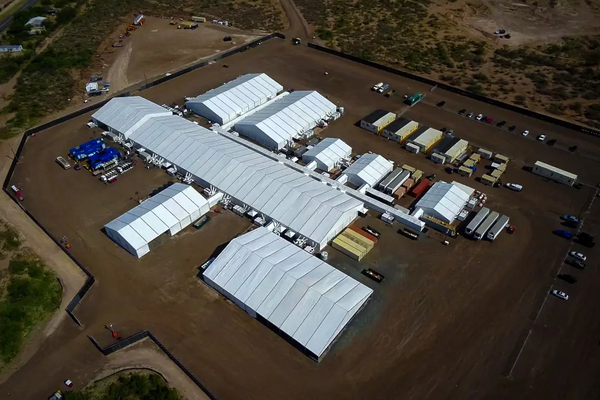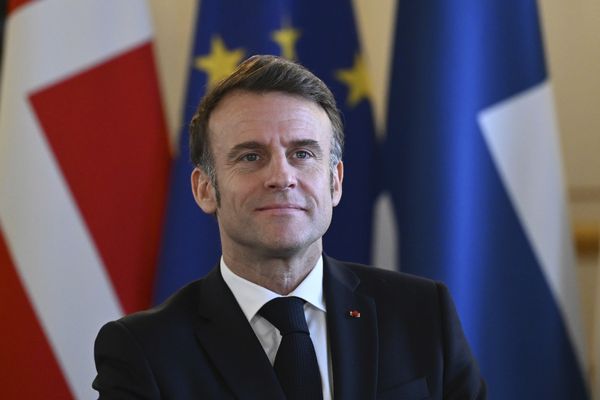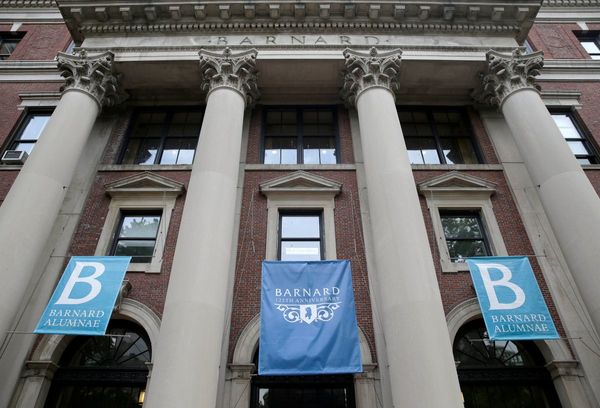
A group of 24 Yemeni human rights organizations called on all parties to stop violations against children, prevent child recruitment, and not involve them in military operations to benefit any party in the conflict in Yemen.
The organizations issued a statement on International Day against the Use of Child Soldiers. They stated that civil society organizations documented that 5,588 children were recruited between 2015 and 2022, with 5,467 recruited by the Houthi group, 93 by the legitimate government, and 29 other children by other formations.
According to the data and information of the Yemeni civil society, all parties have continuously worked to attract, recruit, and involve children in military operations, namely the Houthi group, which sought to attract and mobilize children to its camps.
Yemeni human rights organizations accused the Houthi militia of exploiting all means available to recruit children.
Through their field researchers, the organizations obtained testimonies and video recordings of Houthi officials visiting schools to incite students, especially in primary and secondary schools. They noted that the Houthi media showed child fighters in the battles.
In their statement, the rights activists stressed the need to find programs for the reintegration, rehabilitation, and release of children, provided that these programs are long-term, sustainable, and gender- and age-sensitive.
They also stressed that the programs should include health care, psychosocial support, and education, as stated in Security Council Resolution 2427 and the Paris Principles.
The organizations in Yemen called on all parties to immediately stop recruitment and the involvement of children in military operations and spare them the scourge of war.
The joint statement called on the UN, the office of the UN Secretary-General's envoy to Yemen, the international community concerned with the human rights in Yemen, and international organizations concerned with the protection and care of children to pressure all parties not to target and recruit children and reintegrate victims in society.
Meanwhile, the Minister of Information, Culture, and Tourism, Muammar al-Eryani, accused the Houthi militia of recruiting children and teaching them extremist terrorist ideas, despite calls and efforts for calm and restoration of the truce supported by brotherly and friendly countries.
Warning of the catastrophic effects of the Houthi militia's continued recruitment of children in the long run, Eryani said the world would one day wake up to an army of terrorists after tens of thousands of children were taken from school to sectarian camps financed by the Iranian Revolutionary Guard Corps.
He warned that this would have a dangerous impact on regional and international peace and security.
The Minister called on the international community, the UN, the Sec-Gen envoy to Yemen, and human rights and child protection organizations to carry out their legal, humanitarian, and moral responsibilities.
He also called for preparing a blacklist of leaders and members of the Houthi militia involved in recruiting children.
Notably, the Yemeni government accused the Houthi militia of recruiting more than 40,000 children since the movement's inception, while international reports documented the killing of hundreds of children who were pushed to the fronts during the past eight years.
In the latest international report, the Arab Center Washington DC accused the Houthis of recruiting children, despite the ceasefire, stressing that despite their pledge to the UN last April to end child recruitment, they continue to push the children to the front lines.
The report noted that driven to the frontlines by the machinations of invested leaders, financial need, tribal solidarity, and other reasons, children have paid a heavy price, one that would continue to accrue for years to come and will affect all of Yemeni society.







